Positive signals from FTA
Coffee - one of Vietnam's main agricultural export products is entering a new stage of development with a strong shift from quantity to quality. In recent years, the coffee industry , in addition to expanding area and output, has focused on improving quality and increasing the proportion of deep processing to increase export value.
According to Mr. Nguyen Nam Hai, Chairman of the Vietnam Coffee and Cocoa Association (VICOFA), along with the innovation efforts of enterprises, free trade agreements (FTAs) are becoming an important door to help Vietnamese coffee reach further on the export map. In particular, the Comprehensive and Progressive Agreement for Trans- Pacific Partnership (CPTPP), the Vietnam - EU Free Trade Agreement (EVFTA) and the Regional Comprehensive Economic Partnership (RCEP) are opening up a large trade space, creating a transparent and stable legal corridor for enterprises.
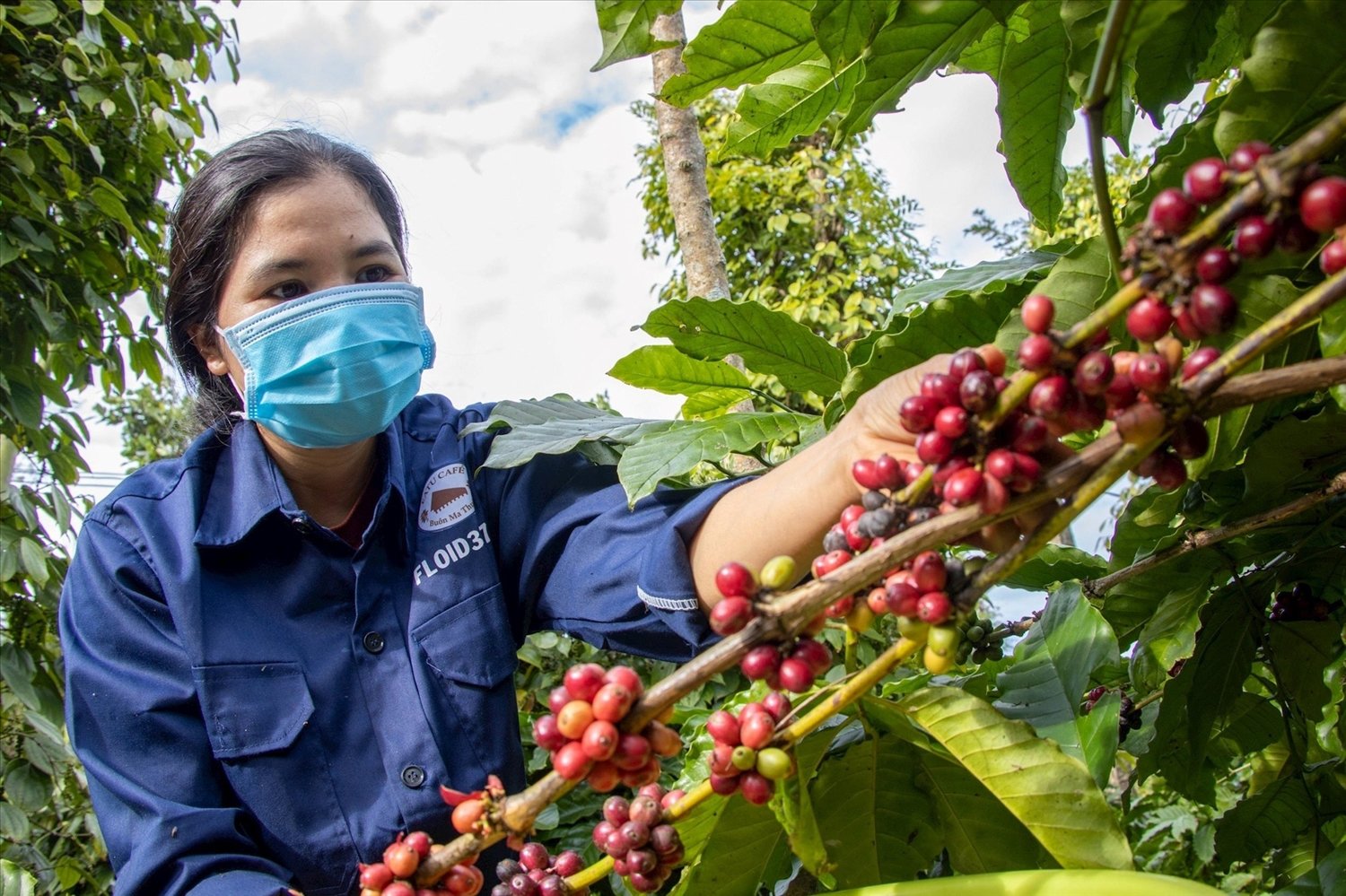
These FTAs bring tariff advantages, promote the harmonization of standards, facilitate trade and increase the confidence of international partners in Vietnamese products. Thanks to that, Vietnamese coffee has the opportunity to access more deeply into large consumer markets such as Japan, EU, Australia or China.
This is the strategic lever for domestic enterprises to more effectively exploit the potential of the global value chain, improve competitiveness and affirm the position of the Vietnamese coffee industry in the international arena.
According to the Import-Export Department , Ministry of Industry and Trade, in September alone, coffee export turnover reached 84,000 tons, an increase of more than 63% in volume and 66% in value compared to the same period. In the first 9 months of the year, Vietnam exported 1.23 million tons of coffee, worth 6.98 billion USD. Vietnam's average coffee export price has exceeded 5,658 USD/ton, an increase of more than 45% compared to the same period in 2024 and the highest level ever recorded.
Notably, in the RCEP bloc (accounting for about 30% of global GDP, the gateway to a market of nearly 2.3 billion consumers, equivalent to 30% of the world's population), Japan continues to be Vietnam's largest coffee import market with a September turnover of more than 31 million USD, bringing the total value in the first 9 months of 2025 to nearly 479 million USD.
Thailand ranked second, reaching about 31.7 million USD in September and 251.7 million USD in 9 months. The Philippines ranked third with September turnover reaching more than 10.3 million USD, bringing the total value for 9 months to 218.2 million USD. Next was China, reaching 14.7 million USD in September and 182.6 million USD in 9 months. Other markets such as Australia, Singapore, New Zealand and Myanmar, although smaller in scale, still maintained a steady growth trend.
The "key" to increasing value for the Vietnamese coffee industry
Although the coffee industry has achieved many positive results in terms of output and export turnover, experts say that the overall picture still has major limitations, especially the issue of raw exports. Currently, most of Vietnam's coffee is still exported in the form of beans, with low added value, while the proportion of deeply processed products is still too modest, not reflecting the true potential of a country considered the "coffee powerhouse" of the world.
According to Dr. Nguyen Minh Phong, an economic expert, over the years, Vietnamese coffee growers, scientists and businesses have made continuous efforts to breed, improve techniques and increase productivity. The quality of Vietnamese coffee has reached a fairly high level and is trusted by many large markets. However, it is regrettable that the final value stage mainly falls into the hands of foreign businesses.
"They come to sign contracts to purchase all products, buy raw coffee beans for preliminary processing, and package them for export as raw materials. When they return home, they process them deeply, create a series of high-end products, build brands, and sell them to the international market at many times higher values," he analyzed.

To increase the value of the Vietnamese coffee industry, the expert said, it is necessary to change the development model, from exporting raw materials to deep processing and building strong brands. First of all, the State needs to have preferential credit, land and tax policies to encourage businesses to invest in modern processing technology, especially in instant coffee, roasted coffee, specialty and organic coffee... segments that are growing rapidly in the international market.
In addition, it is necessary to form a national brand strategy for Vietnamese coffee, similar to the successful models of Brazil or Colombia, to promote the image and position the distinct value of Vietnamese coffee. Registering for geographical indication protection, standardizing production processes, tracing origin and meeting international standards will help enhance product reputation and expand opportunities in demanding markets.
On the part of businesses, it is necessary to proactively update, carefully research and guide businesses to fully comply with the regulations of importing countries related to quality standards, food safety, packaging, labeling and traceability.
At the same time, promote the application of science and technology throughout the production, processing and preservation chain to improve productivity, stabilize quality and increase added value for products. In addition, businesses need to proactively apply digital transformation and cross-border e-commerce to reach global consumers, reduce dependence on intermediaries and increase export value.
According to the Multilateral Trade Policy Department, Ministry of Industry and Trade, to improve competitiveness and take advantage of opportunities from FTAs, the Vietnamese coffee industry needs to form a closely linked and effectively operated ecosystem. This ecosystem includes the participation of state management agencies, industry associations, local authorities, key export enterprises, consulting organizations, farmers and input supply enterprises.
In the context of increasingly fierce global competition, successfully building a coffee ecosystem that takes advantage of FTAs will create a solid foundation for a long-term, transparent and sustainable development strategy, while helping management agencies and businesses operate production more effectively and proactively adapt to fluctuations in the international market. When the value chain is connected and operated smoothly, the Vietnamese coffee industry will consolidate its position on the export map, affirming the prestige, brand and national competitiveness in the global coffee supply chain.
Source: https://moit.gov.vn/tin-tuc/thi-truong-nuoc-ngoai/ca-phe-viet-don-song-tieu-dung-moi-tu-thi-truong-rcep.html















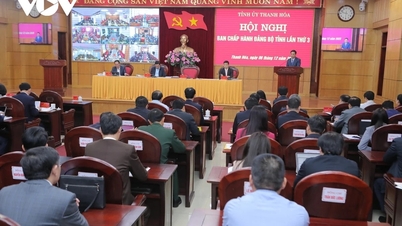







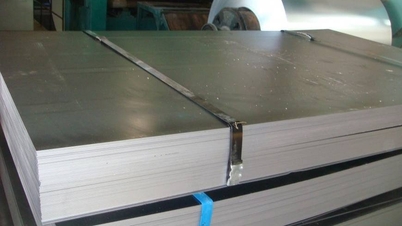




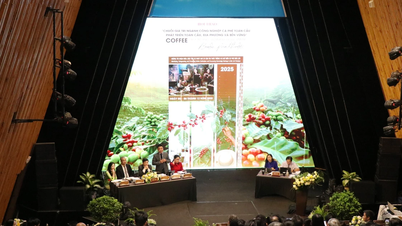











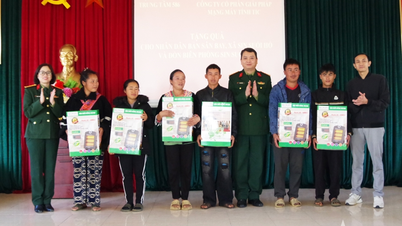
































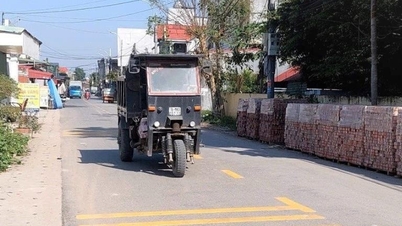




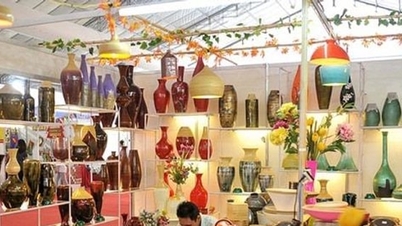
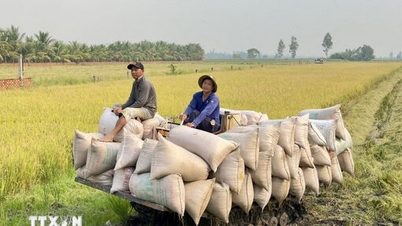













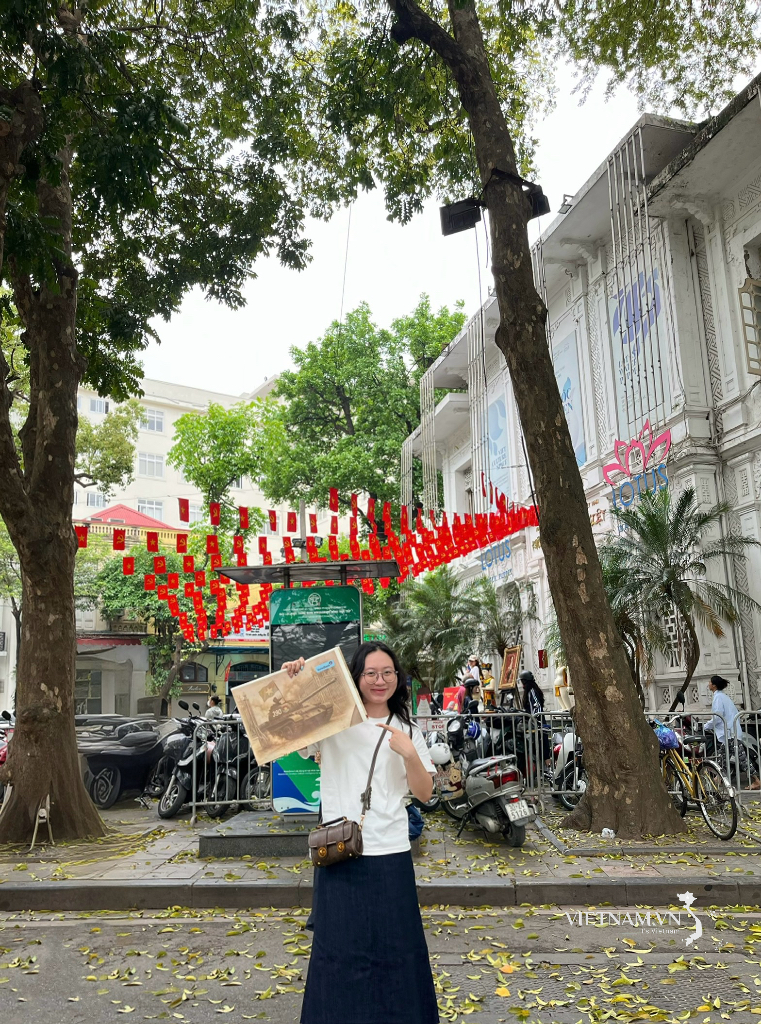




Comment (0)